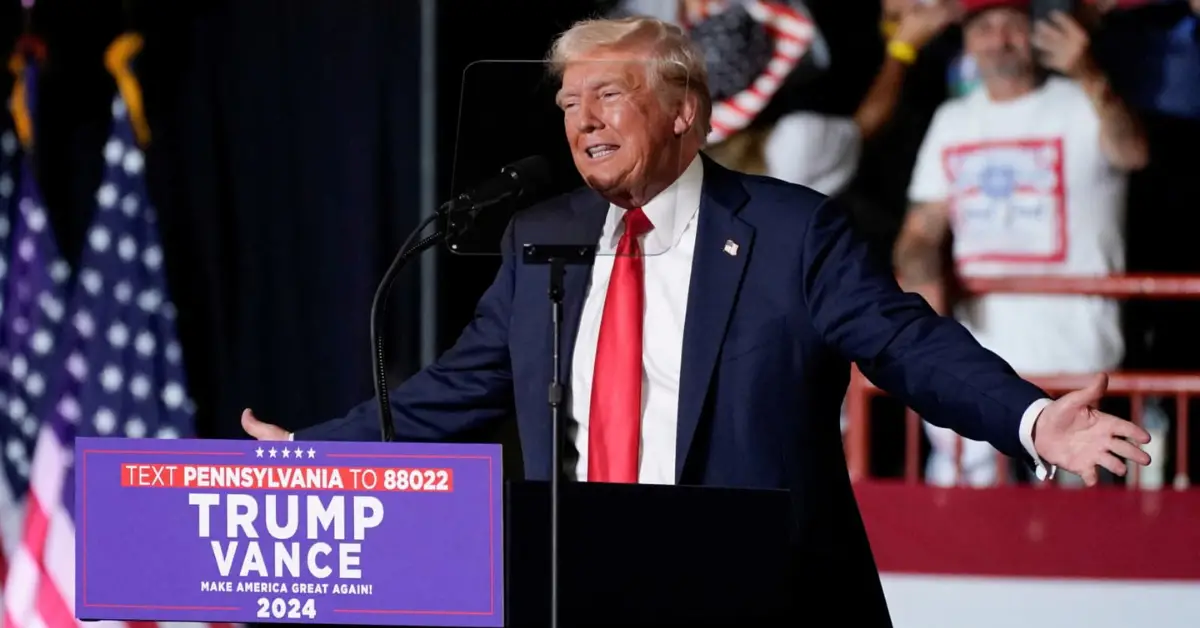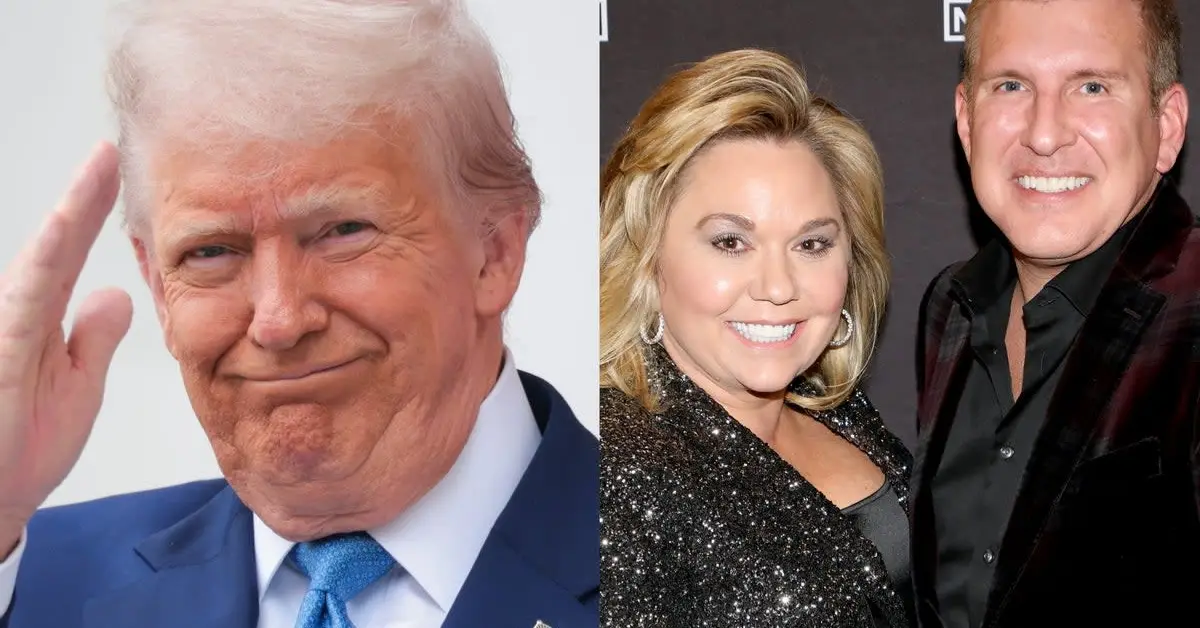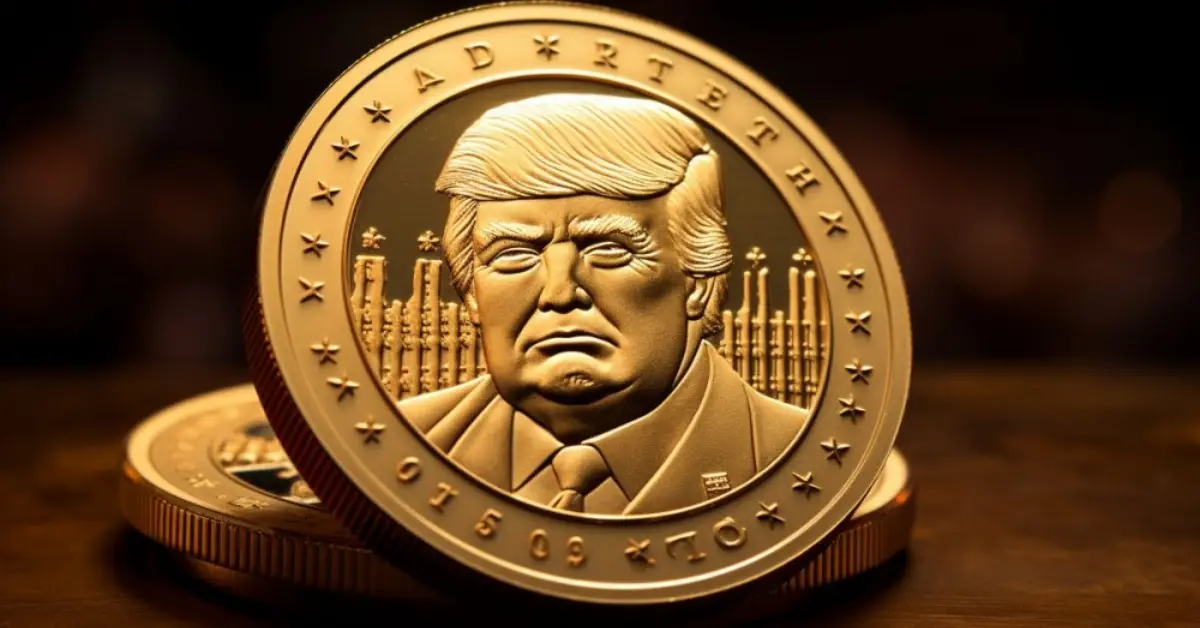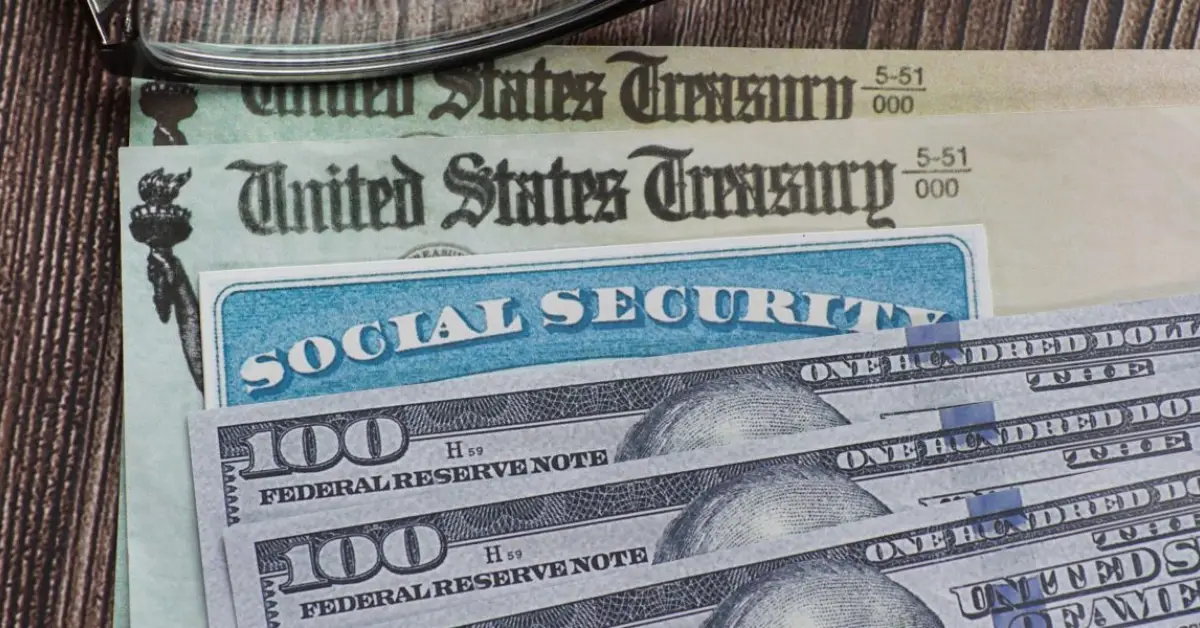President Donald Trump’s recent threat against political opponents has raised concerns about the potential violation of federal law, according to Aaron Reichlin-Melnick, a senior fellow at the American Immigration Council. Trump’s comments, made on Thursday, suggest that he might be using the IRS to retaliate against organisations that disagree with his administration’s policies, including groups focused on immigration and environmental rights.
During a press session in the Oval Office, Trump singled out a Washington D.C.-based watchdog group, CREW (Citizens for Responsibility and Ethics in Washington). He accused the organisation of being a charity with one primary purpose: going after him.
“I have a group named CREW, ever hear of it? It’s supposed to be a charitable organization, the only charity they had is going after Donald Trump. So we’re looking into that, we’re looking into a lot of things,” Trump said.
However, Reichlin-Melnick quickly pointed out that Trump’s comments could be a violation of federal law. He cited the legal prohibition against any senior government official, including the President or Vice President, from using their influence to request an IRS investigation of a particular taxpayer.
The law, known as the “Prohibition on executive branch influence over taxpayer audits and other investigations,” makes it clear that such actions are illegal and punishable by up to five years in prison.
Reichlin-Melnick took to social media to explain the severity of the situation, stating that the President’s threats could constitute a federal crime. He emphasised that the law forbids the executive branch from interfering in IRS operations or influencing audits and investigations.
“It is literally a federal crime punishable by up to five years in prison for the President, VP, or any senior White House employee, to ‘request, directly or indirectly, any officer or employee of the IRS to conduct … an audit or other investigation of any particular taxpayer,’” Reichlin-Melnick said.
The comments come amid ongoing debates over the use of government agencies for political gain. Trump’s remarks seem to signal an aggressive stance towards groups that have opposed his policies, particularly those focused on immigration and environmental issues. This has led to questions about the ethical implications of using government power to target opponents.
The potential fallout from Trump’s comments could have significant legal and political consequences. Legal experts argue that such actions could undermine the integrity of the IRS and other government agencies, which are expected to operate independently from political influence. If Trump’s threats lead to any direct involvement with the IRS in investigating these groups, it could spark further investigations into the misuse of executive power.
In the meantime, critics of the administration are calling for accountability and a clearer stance on the limits of executive power. Some argue that this situation highlights the dangers of politicising government agencies and the need for strong safeguards to prevent such abuses.
As the controversy continues to unfold, it remains to be seen whether Trump’s remarks will lead to formal legal action. What is clear, however, is that the discussion around the proper use of government power is far from over.
Disclaimer: This article has been meticulously fact-checked by our team to ensure accuracy and uphold transparency. We strive to deliver trustworthy and dependable content to our readers.




